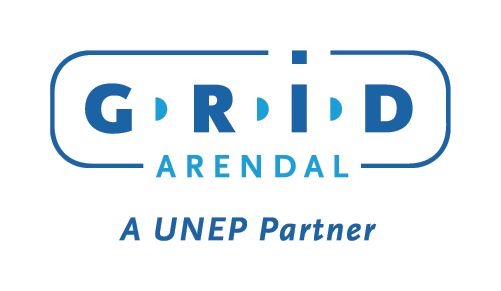Press release -
Meet the experts! Consult GRID-Arendal’s Plastic Pollution Experts ahead of the Second session of the Intergovernmental Negotiating Committee on Plastic Pollution (INC-2)
The second session of the Intergovernmental Negotiating Committee on Plastic Pollution (INC-2) will take place 29 May to 2 June 2023 in Paris, France and will see UN Member states and stakeholders from business, science and civil society come together for the second round of negotiations to develop an international legally binding instrument on plastic pollution, including in the marine environment (INC-2). GRID-Arendal’s science-experts on plastic pollution are ready to share their resources and expertise to media outlets with questions related to the INC-2.
GRID-Arendal has a range of resources available related to plastic pollution and marine litter, and our experts are available to provide their expertise on the INC-process, on waste and marine litter management and other components such as capacity-building for the INCs, just transition, plastic and climate change and the science policy panel. Let us introduce our experts:
- Lars Storsdal: The INC process, the High Ambition Coalition to End Plastic Pollution, capacity development (UNEP PLASPAC project).
- Thomas Maes: Capacity development, AFRIPAC project.
- Ieva Rucevska: Science-to-policy interface, Science Policy Panel, Plastics and Climate Change, Just transition of the Informal Waste Sector
- Maria Tsakona: Just transition of the Informal Waste Sector
Email: press@grida.no or reach out to our experts.
Background
In February 2022, 175 Member states at the resumed fifth session of the United Nations Environment Assembly (UNEA-5.2) signed a a historic resolution (5/14) to develop an international legally binding instrument to end plastic pollution, including in the marine environment, with the ambition to complete the negotiations by end of 2024. The resolution addresses the full lifecycle of plastics, including its production, design and disposal.
Rapidly increasing levels of plastic pollution present a serious global environmental issue which negatively impacts the environment, society, our economy and health and comprises the implementation of our sustainable developmentgoals. Under a business-as-usual scenario and in the absence of necessary interventions, the amount of plastic waste entering aquatic ecosystems could nearly triple from some 9–14 million tonnes per year in 2016 to a projected 23–37 million tons per year by 2040 (UNEP, 2023).
About GRID-Arendal
To tackle the world challenge of pollution and waste, GRID-Arendal supports global policy development through the UN frameworks, including the UN Environment Assembly and the Basel Convention. GRID-Arendal contributes to expert working groups on waste and marine litter and develops products to inform international policy-makers. GRID-Arendal supports developing countries with capacity building and research on the impact of waste and marine litter, their sources and pathways. Marine litter, circular economy, waste management, waste trade and sanitation and wastewater are topics that GRID-Arendal specialises in.
Related links
Topics
- Environment, Energy
Categories
- plastic pollution
- klima
- climate change
- forsøpling
- plast
- inc-2
Any questions?
Please contact:
press@grida.no
Head of Media Relations
Maria Dalby
+47 9064 0556
Maria.dalby@grida.no
